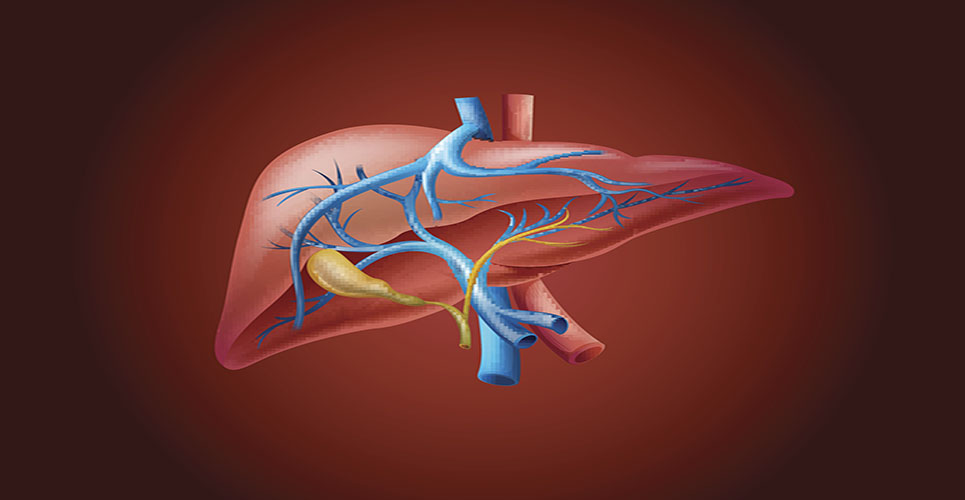teaser
A “microliver” that can be used to quickly and safely test new drugs has been engineered by a team from the Massachusetts Institute of Technology (MIT).
Work at the Hepregen start-up company follows earlier MIT research that used cells and a silicon disc to produce a three-dimensional microscale liver.
Meanwhile, Massachusetts General Hospital researchers have also found a faster way to cultivate liver cells that may reduce the cost and time it takes to screen new drugs.
Says Steven Tannenbaum, an MIT professor of chemistry and toxicology: “The liver is definitely the cause of billions – multibillions – of dollars of losses by the big pharmaceutical companies.
“The reason is that we don’t have a good way of predicting whether these drugs are going to be toxic in humans. Some drugs show up toxic to humans in clinical trials, and others don’t show up until they’re released to the public.”
He cites the diabetes drug Rezulin, which had to be withdrawn in 2000 because of the risk of liver failure. Because the liver metabolises many medicines, it is particularly vulnerable to damage from drugs or their by-products.
Copyright Press Association 2009
Hepregen
